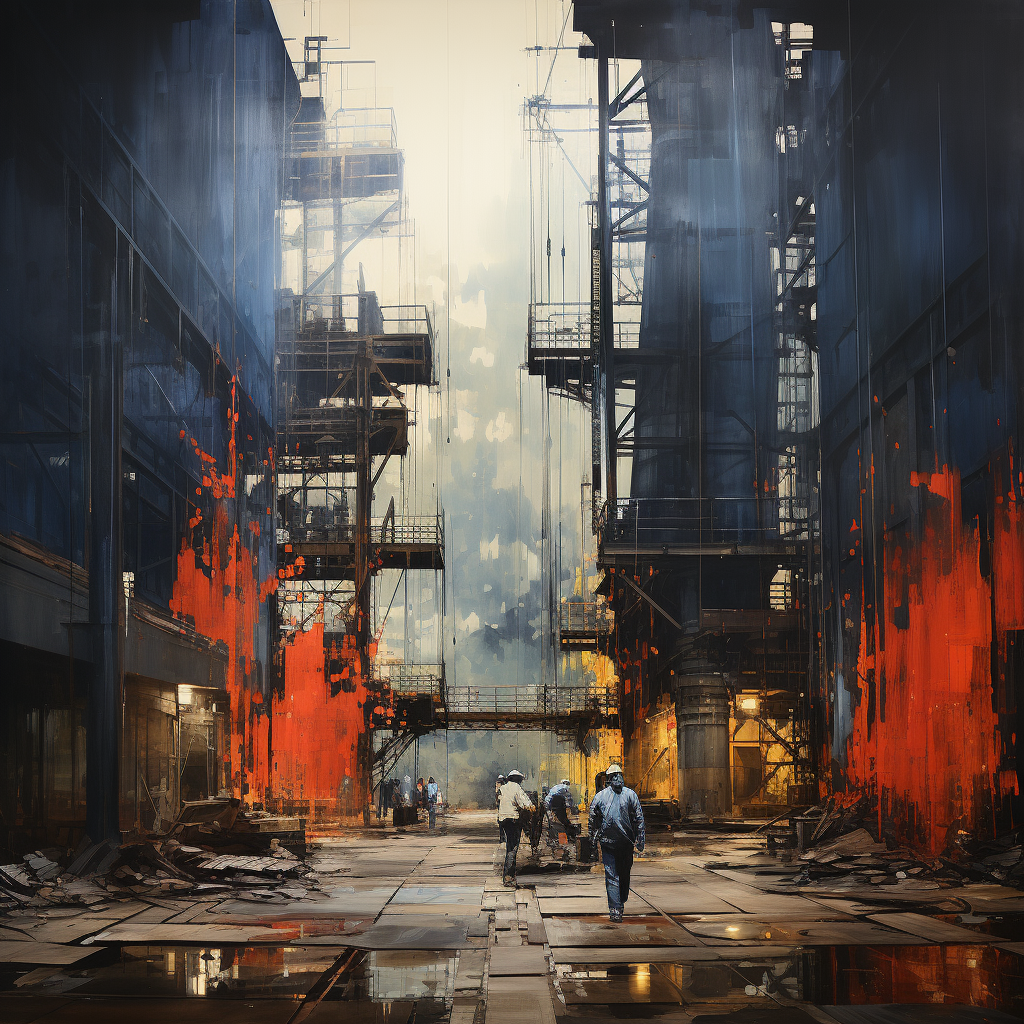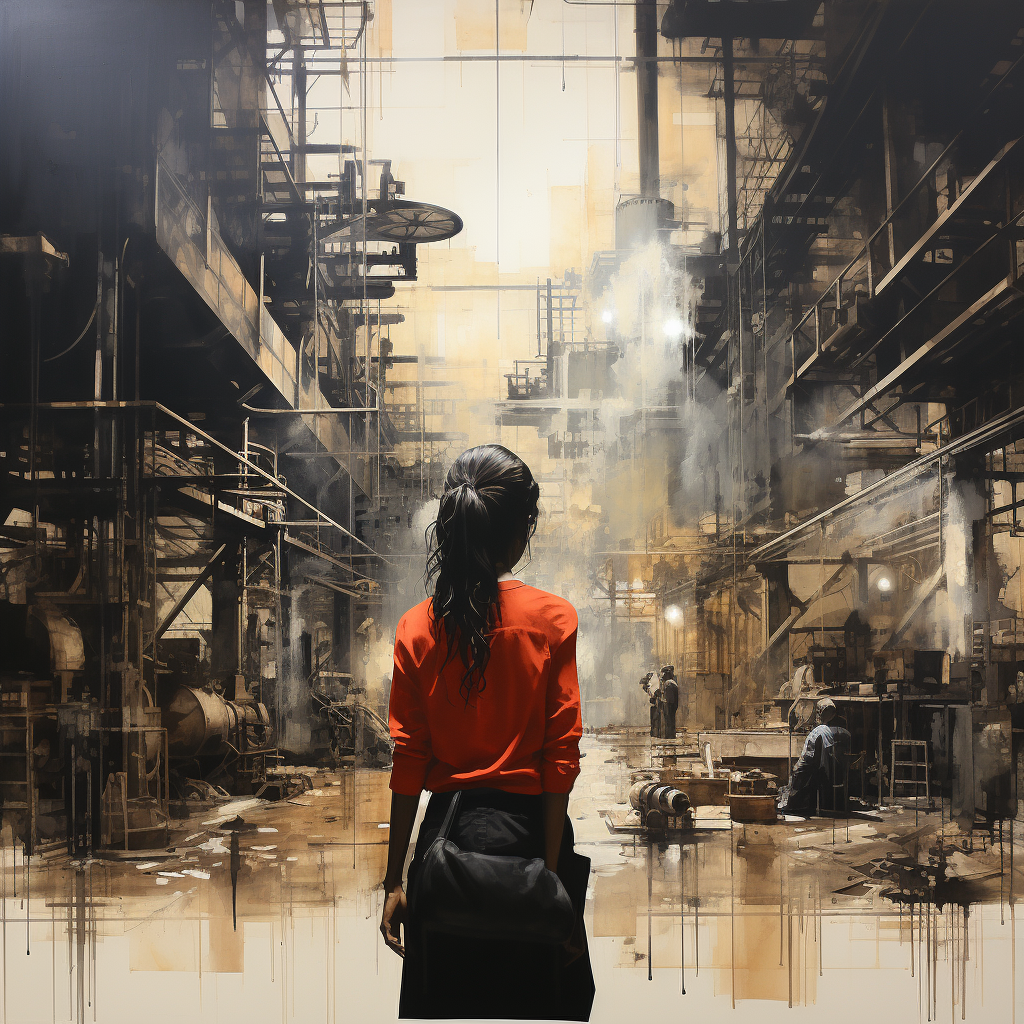In the second half of the twentieth century, the global economic landscape started to shift. This shift took shape as a move towards globalization, with countries, including the United States, beginning to prioritize international trade and cooperation over self-sustainability. The impact of this shift was felt most strongly by blue-collar workers, who found their stable manufacturing jobs being outsourced to overseas locations. However, as we journey deeper into the twenty-first century, an unexpected trend is emerging. The scales are tipping in favor of blue-collar jobs and personal care professions, particularly those within the beauty industry.
The Impact of Globalization and AI on Blue and White-Collar Workers

Globalization, beginning in the mid-twentieth century, led to the displacement of blue-collar jobs as corporations outsourced manufacturing to countries with lower operating costs. The knowledge-based economy that emerged in the late twentieth century favored white-collar workers, but this shift has been disrupted by the rise of artificial intelligence (AI). AI is rapidly taking over routine white-collar tasks such as data analysis, diagnostics, and customer service, leading to a decrease in the demand for these traditionally secure jobs.
The Re-emergence of Blue-Collar Skills and Personal Care Professions
In 2023, amidst the continuous rise of AI, blue-collar skills and personal care professions are reclaiming their importance. Jobs that require physical presence, craftsmanship, or personalized care are becoming increasingly valuable. These professions, ranging from the traditional trades to roles within the beauty industry, offer a unique combination of human touch and practical skills that are yet to be replicated by AI.
The beauty industry, in particular, is witnessing a boom as jobs such as nail technicians, estheticians, massage therapists, and cosmetologists are growing in demand. These jobs require an array of skills, including creativity, an understanding of human aesthetics, physical dexterity, and the ability to provide a comforting and therapeutic environment.
For example, a nail technician does not merely polish and decorate nails. They also provide a personal and relaxing experience for their clients. Similarly, estheticians, massage therapists, and cosmetologists offer services that require a nuanced understanding of human physiology, aesthetics, and personal care that is beyond the capabilities of AI.
The Implications of This Shift
In this age of AI and automation, the narrative has flipped. As AI continues to disrupt white-collar jobs, many displaced workers are seeking to equip themselves with blue-collar skills, including those related to the beauty industry. These skills, once considered less prestigious than their white-collar counterparts, are now increasingly seen as desirable and future-proof.
The beauty industry exemplifies this shift perfectly. Once dismissed as a non-essential industry, it is now recognized as a significant employment sector offering a diverse range of services. Its growth is indicative of a broader trend: as AI continues to advance, jobs that require a uniquely human touch are becoming increasingly important.
Conclusion
The changing dynamics of the job market underscore the importance of adaptability and continual learning. With the effects of globalization and the rise of AI, no job is truly safe from disruption. However, amidst these changes, one thing remains clear: the importance of human skills, whether they are found in traditional blue-collar roles or within the beauty industry, remains undiminished. This is a testament to the enduring value of human creativity, intuition, and personal touch in a world increasingly dominated by AI.

